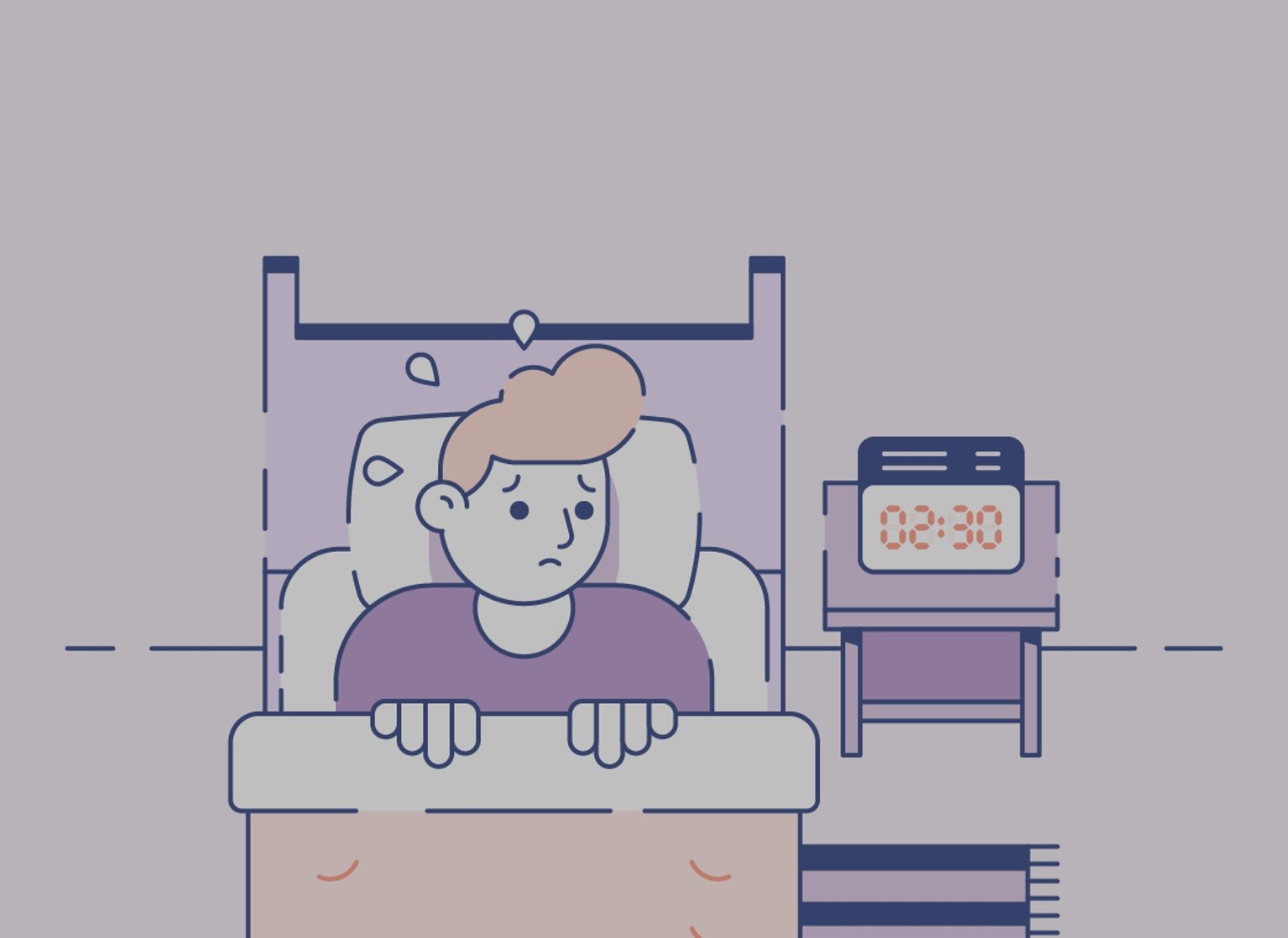12 Ways to Help Your Rabbit Overcome Anxiety

If your rabbit is anything like mine, they get anxious easily. Whether it’s from loud noises or sudden movements, it can be tricky to help them feel comfortable and relaxed. Here are 12 ways that you can help your rabbit overcome anxiety:
1. Create a safe space for them to retreat to when they’re feeling overwhelmed. This could be a small room or area with soft bedding and their favorite toys.
2. Give them lots of love and attention when they’re calm so they know that you’re there for them.
This will help build their trust in you.
3. Avoid making sudden movements or loud noises around them as this will only startle them more. Move slowly and speak quietly instead.
4. Try some relaxation techniques with them such as gentle petting or massage. This can help to ease their tension and make them feel more comfortable in your presence.
If your rabbit is showing signs of anxiety, there are several things you can do to help them feel more comfortable and relaxed. Here are 12 ways to help your rabbit overcome anxiety:
1. Provide them with a secure, safe place to hide away if they feel overwhelmed or frightened.
This could be a cosy hut or tunnel that they can retreat to when they need some time out.
2. Make sure their hutch or enclosure is big enough for them to move around freely and have plenty of room to explore. A cramped space will only add to their stress levels.
3. Give them lots of hay to nibble on as this will help keep their digestive system healthy and also provide them with essential nutrients.
4. Avoid handling them too much as this can be overwhelming for rabbits who are prone to anxiety. Let them approach you on their own terms and offer treats as rewards for being calm around you.
5. Keep mealtimes regular and provide fresh vegetables and fruits as part of a healthy diet – this will help boost their mood and energy levels naturally.
6. Allow your rabbit some time outside each day in a secure area where they can run around and play freely without any fear of predators or escapees! If the weather is good, let them enjoy some sunbathing too (just make sure they have access to shade and water at all times).
Rabbit Anxiety Symptoms
Rabbits are social animals and love companionship, but sometimes they can get anxious. If your rabbit is showing any of the following symptoms, it may be experiencing anxiety:
1. Hiding – A rabbit who is normally out in the open may start hiding more often, or in different places than usual.
2. Thumping – Rabbits thump their hind legs as a way to communicate distress or fear.
3. Ear position – Anxiety can cause a rabbit’s ears to droop down or stand up straight.
4. Teeth grinding – This is often a sign of pain, but can also be caused by stress.
5. Loss of appetite – A stressed rabbit may stop eating or only nibble on food.
How to Teach Your Rabbit to Play Dead
One of the most popular tricks to teach your rabbit is “playing dead.” This trick is sure to impress your friends and family, and it’s a fun way to bond with your bunny. Here’s how to do it:
1. Start by teaching your rabbit the “down” command. You can do this by holding a treat near their nose and moving it down to the ground. As they follow the treat, give the command “down.”
Once they are in a lying position, praise them and give them the treat.
2. Next, you’ll need to work on getting them to stay in that position. Begin by giving the command “stay” as you move away from them.
If they get up, simply guide them back into position and try again. With patience and practice, they will eventually learn to stay put.
3. Now it’s time to add the finishing touches!
To make it look like they’re really playing dead, add some props such as a toy gun or fake blood (you can use red nail polish). Have someone else help you with this part so that you can both hold onto the rabbit while adding the final touches.
With a little bit of practice, your rabbit will soon be impressing everyone with their acting skills!
Why Does My Rabbit Flinch When I Touch Him
If you’ve ever had a rabbit as a pet, then you know that they are typically gentle and docile creatures. However, there are times when your rabbit may flinch or jerk away when you try to touch them. This can be confusing and even concerning for some pet owners.
So why does this happen?
There are actually a few reasons why your rabbit may flinch when you touch them. One reason could be that they are simply not used to being touched by humans.
If you just got your rabbit or if they haven’t been handled much in the past, then they may need some time to get used to your touch. Another possibility is that your rabbit is feeling scared or threatened. If you make sudden movements or try to grab them unexpectedly, they may startle easily and react accordingly.
It’s also important to consider how you’re touching your rabbit. If you’re doing something that feels uncomfortable or strange to them, such as poking or prodding, then they may naturally flinch away from you. The key is to be gentle and slow in your approach so that your rabbit feels safe and relaxed around you.
With a little patience and understanding, you’ll be able to build a strong bond with your furry friend!
Tricks to Teach Your Rabbit
Rabbits are intelligent creatures that can be trained to do a variety of tricks. With patience and positive reinforcement, you can teach your rabbit some fun tricks that will entertain both you and your furry friend.
Here are a few tips to get you started:
1. Choose a quiet place to train your rabbit where there are no distractions. rabbits are easily distracted, so it’s important to have a calm environment when teaching them new things.
2. Start with simple tricks like “sit” or “stay.”
Once your rabbit has mastered these basic commands, you can move on to more complex tricks like “spin” or “jump.”
3. Use small treats as rewards for good behavior. rabbits love food, so offering them a tasty treat will help motivate them to learn new tricks.
4. Be patient! Rabbits aren’t known for their speedy learning, so it’s important to be patient when teaching them new things. If you get frustrated, take a break and try again later.
With these tips in mind, you’ll be able to teach your rabbit some fun and entertaining tricks in no time!
How to Teach Your Rabbit to Roll Over
If you’re looking for a way to entertain your rabbit and give them a little exercise, teaching them to roll over is the perfect solution! Here’s how:
1. Start by holding a treat in your hand and placing it just out of reach of your rabbit.
2. Encourage them to stretch out their neck by gently pushing on their back.
3. As they start to reach for the treat, quickly move it away so they have to follow it with their whole body.
4. Keep moving the treat until they are completely rolled over onto their back.
5. Once they are rolled over, give them the treat as a reward and praised them enthusiastically!

Credit: www.healthline.com
How Can I Help My Rabbit With Anxiety?
If your rabbit is displaying signs of anxiety, there are a few things you can do to help them feel more comfortable. First, make sure their environment is as stress-free as possible. This means providing them with plenty of hiding places and safe spaces to retreat to, as well as ensuring that they have a consistent routine.
You can also try some calming techniques such as offering them treats or petting them in a slow and gentle manner. If your rabbit is particularly anxious, you may want to consult with a veterinarian or animal behaviorist for additional help.
How Do I Destress My Rabbit?
There are many ways that you can help to destress your rabbit. Some simple things that you can do include:
Making sure their hutch is in a quiet area away from any loud noises or commotion.
Giving them plenty of attention and fuss, letting them know they are loved.
Providing them with hiding places and toys so they can feel safe and secure.
If your rabbit is showing signs of stress such as excessive grooming, teeth grinding, or changes in eating or sleeping habits then you should take them to see a vet as there may be an underlying medical condition causing this.
Why is My Bunny So Anxious?
There are a number of reasons why your bunny may be anxious. It could be due to changes in their environment, such as a new person or animal in the home, or something as simple as a loud noise outside. If your bunny is normally calm and relaxed, and suddenly becomes anxious or agitated, it’s important to try to figure out what has changed in their environment.
Once you’ve identified the source of the anxiety, you can take steps to reduce it. For example, if your bunny is afraid of loud noises, you can try closing the windows or playing soft music to help them relax. If they’re afraid of new people or animals in the home, you can introduce them slowly and let them approach at their own pace.
Ultimately, reducing your bunny’s anxiety will make for a happier and healthier pet!
12 Signs You're Hurting Your Rabbit Without Realizing
Can Anxiety in Rabbits Lead to Picky Eating?
Rabbits experiencing anxiety may develop picky eating habits. To address this, consider implementing picky rabbit hay eating tips. Gradually introduce different types of hay, provide fresh and clean options, and ensure a calm and quiet environment during mealtime. Implementing these tips can help alleviate anxiety-related picky eating behavior in rabbits.
Conclusion
Rabbits are prone to anxiety and stress, which can lead to a host of health problems. Here are 12 ways to help your rabbit overcome anxiety:
1. Create a safe, secure environment.
Make sure your rabbit has plenty of hiding places and is not exposed to too much noise or activity.
2. Avoid handling your rabbit too much. Handle them only when necessary, such as when you need to clean their cage or give them medical attention.
3. Be gentle and calm when handling your rabbit. Speak softly and move slowly so as not to startle them.
4. Offer your rabbit lots of love and attention on their terms.
Let them come to you for pets and scratches instead of forcing it on them.
5. Give your rabbit plenty of exercise opportunities. Set up a play area with tunnels, toys, and other objects they can explore safely.
